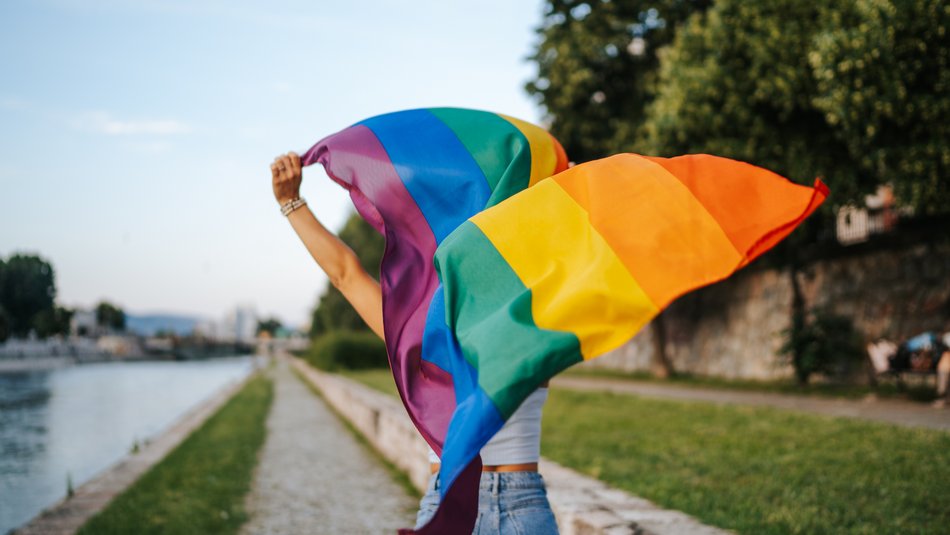
The Independent Federal Commissioner Against Child Sexual Abuse (UBSKM) and his staff are committed to using gender-appropriate, non-discriminatory and inclusive language - taking into account the specific challenges that exist in the field of child sexual abuse. Gender differentiation is important especially during prevention and intervention or when dealing with survivor roles and images of the male or female perpetrators. Therefore we use specific formulations in our publications and on this website.
Sensitive formulations
We talk about "people with disabilities" because a disability is only one of many personality traits in a person. You can find tips for other language-sensitive formulations on Leidmedien.de.
We also use language that includes all genders and gender identities. We use the colon as a gender marker, as this fulfils the barrier-free requirements in the best possible way.
Explanation of "children and adolescents" and the distinction between "girls and boys"
When we talk and write about sexualised violence, it is also necessary to see children and adolescents in their individual gender identities. There are significant differences in how girls or boys are perceived, addressed, educated, judged, subdued, threatened, exploited, abused or even protected by others. Equally important here are their self-perception and the demands they make on themselves as well as their own environment. This is why we speak of "children and adolescents" or "girls and boys", depending on the focus of the content.
We also take into consideration the special circumstances of trans*, diverse and intersex people.
Explanation of "male and female perpetrators”
Previous studies into the frequency of sexual violence against children and adolescents showed that the majority (80 to 90 per cent) of the perpetrators are men. To reflect this linguistically, we refer to the male form first and write "male and female perpetrators".

